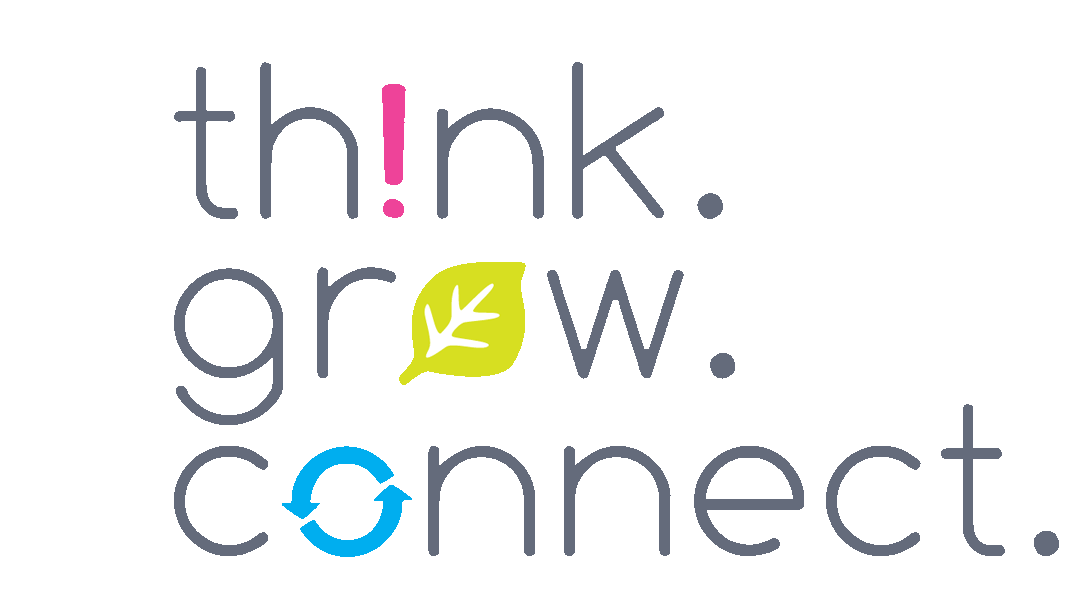assessments packages:
At think.grow.connect we are passionate about providing best practice and evidence-based assessments to ensure accurate assessment, diagnosis and recommendations. The following are packages based on best practice following national guidelines. You will be provided with a detailed report outlining assessment results and directing accurate diagnosis.
Please note that before an assessment is conducted it is important to have had a medical appointment to rule out medical reasons for symptoms. Additionally, vision and hearing should be screened as sight and hearing can contribute to issues with attention, concentration, and learning for instance.
The following are conducted with all assessments at think.grow.connect.
-
This is a short meeting with an intake clinician at think.grow.connect to ensure we are providing what is needed and appropriate. Information will be collected about the purpose of the assessment along with collection of relevant developmental and background information to inform the assessment conducted. This is a separate cost to our assessment packages.
An extensive review of all previous assessments, developmental and academic history is conducted. Relevant assessment and school reports will be requested to assist with this process.
-
Screening questionnaires standardly used at think.grow.connect include…
The Achenbach System of Empirically Based Assessment (ASEBA) Child Behaviour Checklist offers a comprehensive approach to assessing adaptive and maladaptive functioning. The ASEBA provides useful information to design and monitor intervention. We use the ASEBA for children aged one-and-a-half to five years.
Conners Comprehensive Behaviour Rating Scales (Conners CBRS). The Conners CBRS provides a thorough overview of issues and disorders in youth aged 6–18 years.
Social Responsiveness Scale – 2 (SRS 2). The SRS-2 identifies social impairment associated with autism spectrum disorders (ASDs) and quantifies its severity. It's sensitive enough to detect even subtle symptoms, yet specific enough to differentiate clinical groups, both within the autism spectrum and between ASD and other disorders. The SRS-2 can be used from age 4 years through adulthood.
On some occassions the Clinical Evaluation of Language Fundamentals - Australian and New Zealand Fifth Edition Screening Test (CELF 5 A&NZ Screening Test) screening assessment is used to provide information about speech and language. The CELF 5 Screening Test helps to quickly determine if a student needs further testing to identify a language disorder. This is not a full speech and language assessment and will not be needed if a full speech and language assessment has been conducted or is indicated. This is a separate cost to the autism assessment package.
-
A review of all past reports relevant to the assessment process is conducted to provide a full understanding of functioning in a variety of settings and situations.
Combined packages are available. An example would be an ADHD and autism assessment combined.
Individual assessments are also available. An example could be conducting a cognitive assessment as an individual assessment for the purpose of school transition.
Please contact admin directly (admin@thinkgrowconnect.com.au).
things to know about tests and assessments: below is some information on what to expect if you decide to proceed with an assessment at think.grow.connect.
-
Initial interview consultation with parents/carers to gather relevant information regarding an assessment. We ask that families supply copies of any past assessment reports (if any).
Assessment is completed with our psychologists.
The assessment will then be scored and interpreted by the psychologist. Results will be written into a detailed assessment report. Reports typically include background information, medical history, clinical observations, review of all relevant information, assessment results and recommendations.
The report is then provided to parents/carers in a feedback session, which will be scheduled to discuss the findings with the psychologist.
-
No. Psychologists may suggest parent/carers attend the first 15 minutes of the session if they require any additional information. Following this parents are welcome to leave the room/clinic and return at the end if the child is comfortable for you to do so.
-
Typically our psychologists will need 4-6 weeks to finalise a written report. Families will be notified at the assessment appointment if delays are expected.
-
When reports are supplied to legal guardians it is their property and we do not send to third parties.We can supply families with multiple copies of a report upon request.
Under certain circumstances reports can be sent to a third party if signed consent is obtained by the legal guardian.
